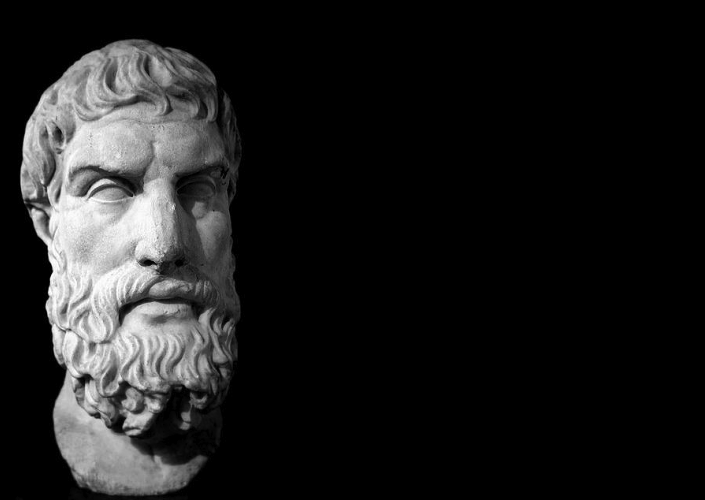Philosophical Therapeutics
Here's Keith Ansell-Pearson:
"Dawn can be read in part, and on an existential or therapeutic level, as an attempt to revitalize for a modern age ancient philosophical concerns, notably a teaching for mortal souls who wish to be liberated from the fear and anguish of existence, as well as from God, "metaphysical need", and romantic music, and are able to affirm their mortal conditions of existence."
Whereas for Nietzsche, who sought to cultivate a philosophical therapeutics, as Keith Ansell-Pearson advances, Arakawa and Gins, thinkers of reversible destiny, strive to afford a pedagogical aesthetics. Epicurus's fundamental insight: "For there is nothing fearful in life for one who has grasped that there is nothing fearful in the absence of life...the wise man neither rejects life nor fears death." For Arakawa and Gins, this line of thinking misses the crucial point, of great ethical concern, which is that we must cultivate a new attitude towards existence: death itself can and must be overcome.
Nietzsche, instead, attempts to utilize this ancient philosophical tradition, which stages existence in terms of our mortal condition, to afford the modern age an existential appreciation of life. Nietzsche hopes to teach the affirmation that is required to embrace a new type of life without fear and torment, one that is liberated from any metaphysical needs. Of course, Arakawa and Gins would endorse this form of philosophical therapeutics, "centered on a concern with the healing of our own lives, so as to return us the pleasure and joy in existing", but they would want to take it one step further.
Nietzsche himself is concerned to address the transitional humanity, "moving from a heritage of religions and moralities to something new, in fact, to uncharted conditions of existence". The pedagogical aesthetics that Arakawa and Gins establish, is one of self-discovery, and self-exploration, an education based on an aesthetics of existence. Yet, following Arakawa and Gins, we wonder if this new humanity is not already underway, in the thought of reversible destiny. But, as Keith Ansell-Pearson rightly reminds us, "Our task is now to take our time in our search; we are no longer looking for a single answer to our questions or some ultimate solution to the riddles of existence."
Dawn has just been released as part of the Nietzsche Collection.

